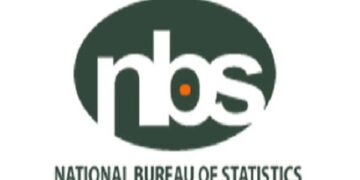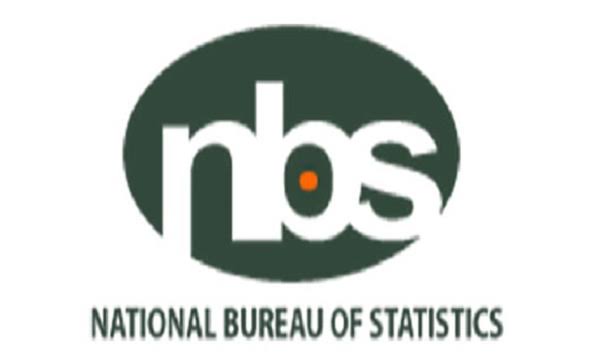Ogun State has been recognized by the National Bureau of Statistics (NBS) as the state with the most modest year-on-year increase in food prices, according to the bureau’s Consumer Price Index report for April 2025.
The report highlights that Ogun experienced a 9.91 percent rise in food inflation on a year-on-year basis, placing it among the states with the lowest increases. Ebonyi (7.19 percent) and Adamawa (9.52 percent) also recorded minimal food inflation increases.
Meanwhile, Benue State recorded the steepest jump in food prices year-on-year at 51.76 percent, followed by Ekiti at 34.05 percent and Kebbi at 33.82 percent, making them the most affected states in terms of food inflation.
On a month-on-month basis, Ogun State also showed a notable improvement, with food inflation declining by 7.06 percent — the third highest decrease nationwide. Ebonyi led the decline at -14.43 percent, followed by Kano at -11.37 percent.
In contrast, Benue, Ekiti, and Yobe posted the highest increases in food inflation between March and April, with month-on-month rises of 25.59 percent, 16.73 percent, and 13.92 percent respectively.
Experts believe that the surge in food prices in Benue may be connected to ongoing violence in the state. “The recent unrest and security issues in Benue have severely disrupted agricultural activities, leading to scarcity and a spike in food prices,” said an economist, Dr. Emeka Ozo.
An official from the NBS added, “What we’re observing is not just inflation caused by market forces, but also a reflection of the prevailing security and socio-economic conditions across different states.”
Despite national concerns over the rising cost of food, Ogun’s performance signals a positive trend. A local farmer in the state, Mrs. Funmilayo Akinwale, noted, “Government initiatives supporting local agriculture may be part of why Ogun has managed to stabilize food prices better than others.”

























